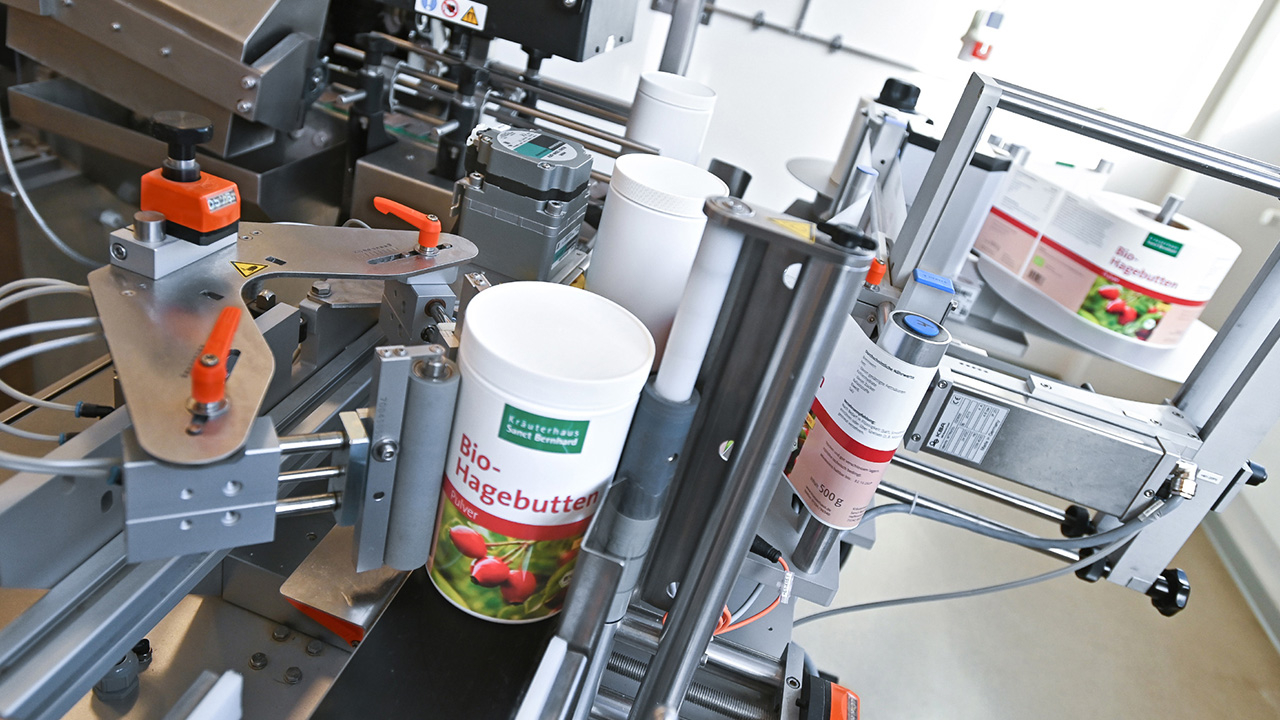L&N Label Company adds Martin Automatic MBSC and STR
Florida-based L&N Label Company has invested in Martin Automatic converting equipment to support its work with decorated bandages.
The US converter, which has a variety of printing and converting technology, has built a business supplying self-adhesive labels to the food, beverage, wine and beer markets, amongst others, but in addition has an ongoing contract to supply decorated bandages to a global manufacturer. It prints a huge number of multi-color designs from cartoon characters to abstract images.
To cater for this work, L&N has dedicated a 10in (280mm), 8-color Mark Andy 2200 flexo line press to its sole production. The bandage material, an extruded three mil PE film on paper liner, arrives on rolls of 1,000 lineal meters (3,000 lineal feet), and the company converts around 500 rolls a month. Prior to adding automatic roll change, the frequent stops to change rolls were creating a large amount of waste. L&N Label Company sought a way of reducing this waste while improving web handling on the stretchy material.
This has seen a Martin Automatic MBSC and STR added to the line. MBSC is a fully automated unwind/butt splicer, capable of handling rolls up to 800mm (31.5in) in diameter. At the rewind end of the press, the STR rewinder automatically transfers the printed web onto a new empty core, while the turret rotates to present the completed roll to the operator for easy removal. In roll-to-roll mode, the STR places the splice from the MBSC on the outer wrap of the completed roll, or on the new core, as required by the process.
The Martin Automatic equipment has been in operation for three months, with waste reduced from over seven percent to less than two percent, and the only waste now created is during set-up. It has claimed savings of more than 36 USD every stop, and estimates are that annual savings of around 300,000 USD will give an ROI of less than 12 months.
Chris Booth, L&N Label Company plant manager, commented: ‘Not only are we throwing away less of the expensive material, we are seeing higher average running speeds on the press and better downstream converting. When you are running 500 rolls each month, that’s a major boost to production efficiency.’
Ersel Lambert, machine operator at L&N Label Company, added: ‘Running the work continuously is awesome – the press really rocks – but we’ve also changed the way we set-up jobs. We need to make sure that all elements are in place beforehand, because with the Martins, when we start a job, it’s “go time” and we’re not stopping. This has needed a change of mindset, and a whole load of new working practices.’
Craig Thomson, regional sales manager at Martin Automatic, said: ‘The type of work that L&N undertakes, and especially this decorated bandage job, is perfect for butt splicing and automatic rewinding. The material is expensive, difficult to handle and needs to be run at a constant speed – all of which suits continuous operation, and more than justifies the investment cost.
‘We are delighted, but not surprised, that L&N is achieving such outstanding results after just three months in production.’
Stay up to date
Subscribe to the free Label News newsletter and receive the latest content every week. We'll never share your email address.

